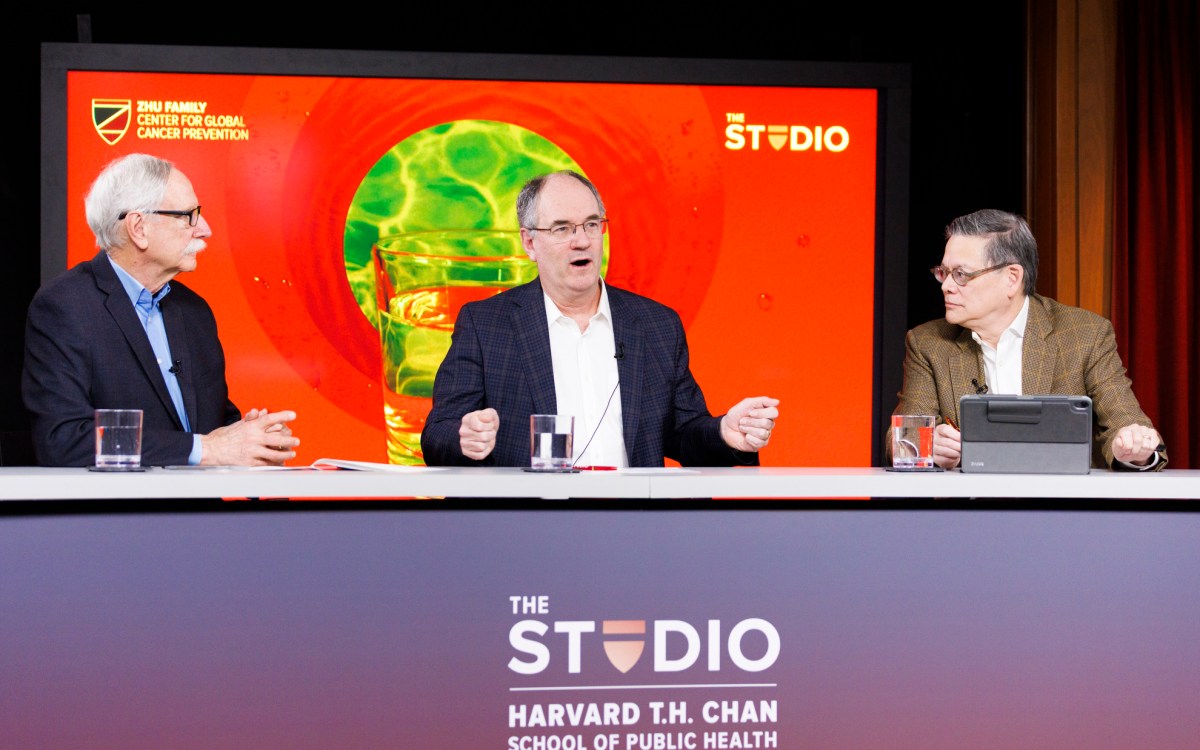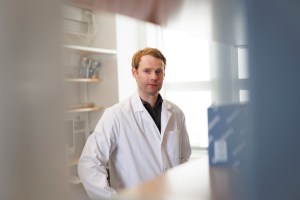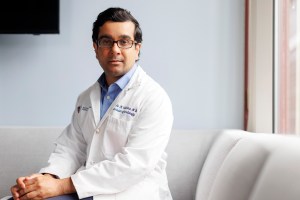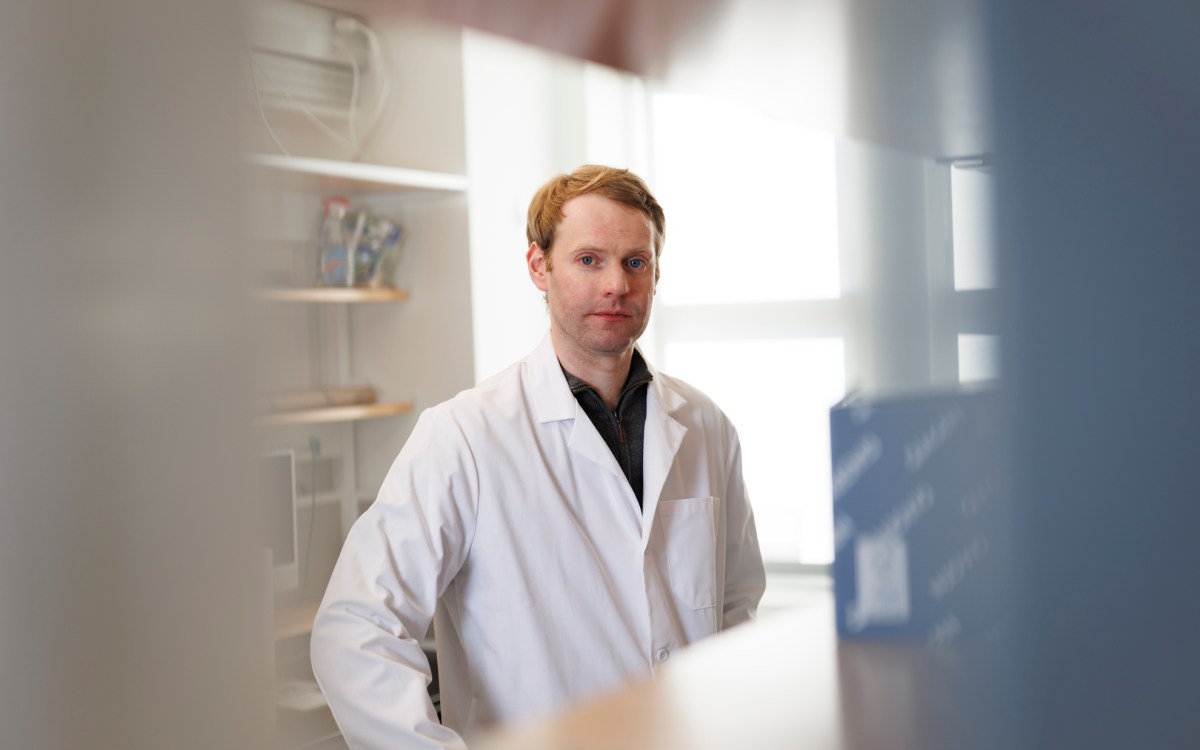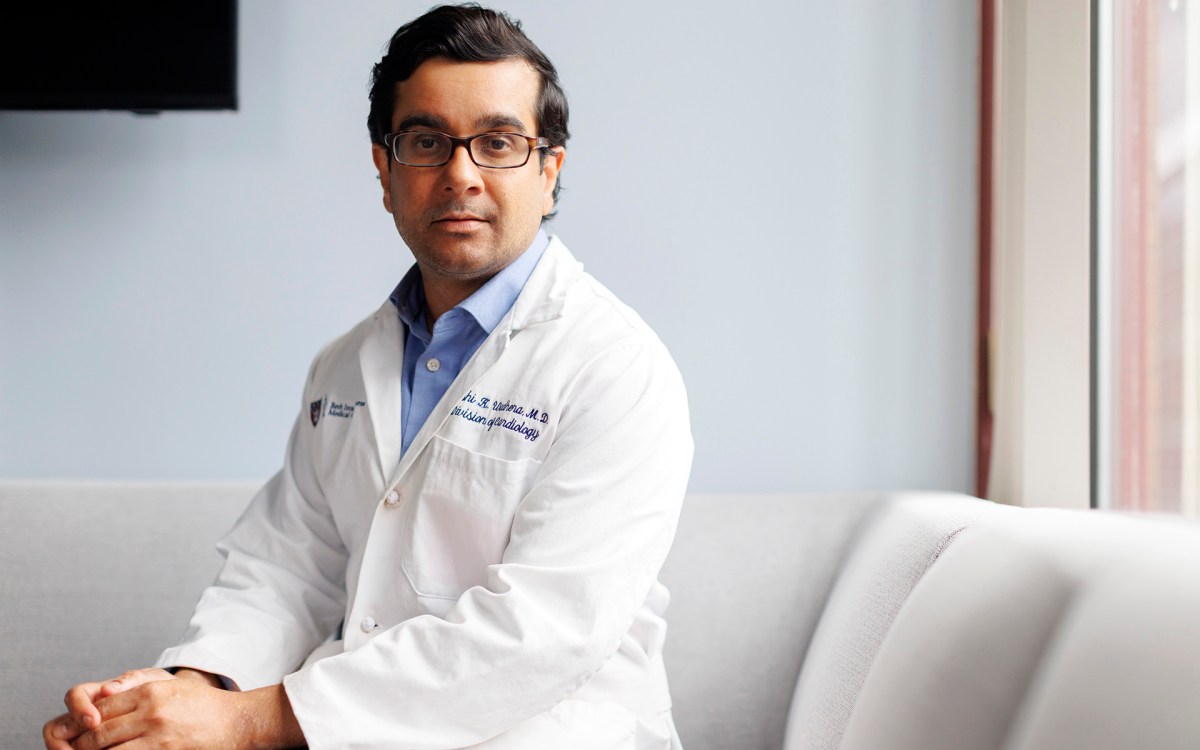Wine molecule slows aging process
Harvard scientists drink to that
Called resveratrol, a wonder substance discovered by Harvard researchers seems to work in the same way as does drastic calorie cutting. Dramatic reduction of calories has been shown to increase the life span of mice, rats, and monkeys. Such diets are being tried in humans but results are not yet in. Severe dieting also cuts the risk of dying from cancer, heart problems, and other age-related diseases in monkeys. If resveratrol and related molecules are found to work as well in humans, we could gain extra years of healthy life without starving for them. We could have our cake and eat it, too. “The discovery brings closer a time when a drug that extends life and prevents many diseases of aging becomes a reality,” says David Sinclair, who leads the research at Harvard Medical School. “I’m not a doctor so I can’t speculate on how much wine to drink, but I’ve increased my consumption since we made the discovery.” Physicians recommend a glass or two of red wine a day as part of a heart-healthy diet. No one would advise nondrinkers to starting gulping red wine until better information about its anti-aging effect becomes available.
